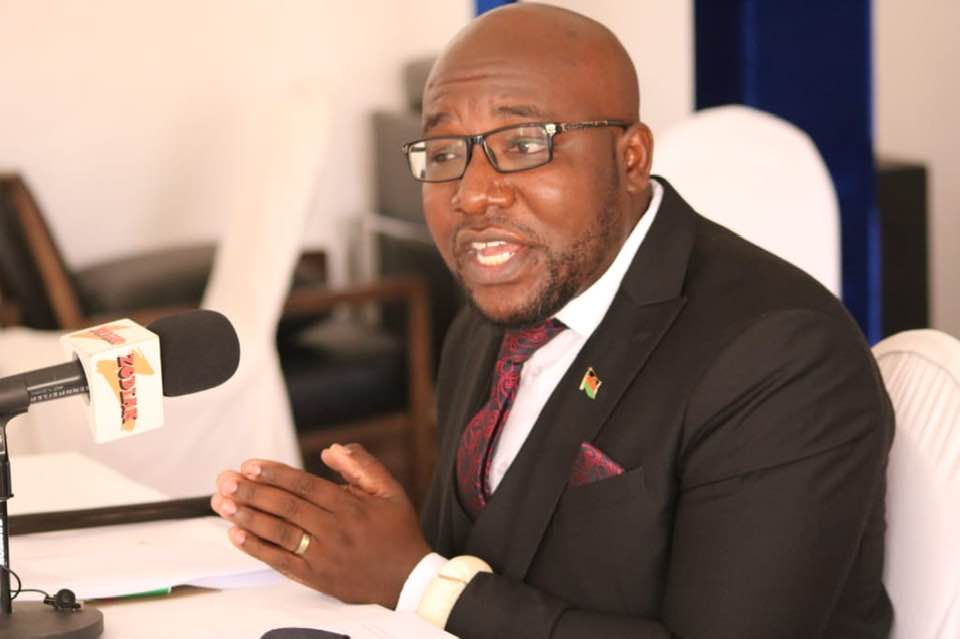Illovo pays K63bn taxes in 13 months
Illovo Sugar (Malawi) plc says it has contributed about K63 billion to the economy through direct and indirect taxes in the 13 months from August 2022 to September 2023.
Receiving a K16.6 billion symbolic cheque from Illovo in Blantyre yesterday, Malawi Revenue Authority (MRA) commissioner general John Biziwick stressed the need for businesses and enterprises to comply with tax regulations to increase revenue on the domestic front for national development.
Illovo Sugar’s tax data for the years ended August 2021, 2022 and 2023 show the company collected and paid K18.4 billion, K38.8 billion and K46.7 billion, respectively.
The data further shows that this year the company contributed K63 billion through corporate tax, value added tax (VAT) and other taxes.
Further, the firm has increased its out growers payments between 2022 and 2023 from K20.8 billion to K33.6 billion.

In an interview last Wednesday focusing on the company’s performance in terms of tax contribution to the economy, the Malawi Stock Exchange (MSE)-listed local sugar manufacturer’s finance director Kondwani Msimuko attributed the strong financial performance over the years to sound financial policies and consumer-centric activities which have effectively helped the company grow.
He said: “The growth in taxes entail that the business has also been on a growth trajectory. The growth in VAT for instance shows we have sold more on the domestic market effectively, pushing up VAT.
“Similarly, dividend tax increase also shows we are doing well and giving back to our shareholders who are also contributing to taxes.”
Going forward, Msimuko said the company sees growth by working with various stakeholders, including the government through the Shire Valley Transformation Project.
Msimuko said: “We want to create a thriving Malawi through cooperation with government, growers and the community, but also exploring opportunities in electricity generation.
“Presently, we are generating electricity for our own consumption as an entity but would like to feed into the grid soon when we obtain the power purchase agreements.”
Meanwhile, Illovo Sugar (Malawi) plc has said it expects its after-tax profit for the year ended August 31 2023 to jump to between K53.2 billion and K58.5 billion.
During the same period last year, the firm registered a profit-after-tax of K26.6 billion.
In the half-year period ended February 28 2023, the local sugar manufacturer posted a K33.7 billion profit, up from K9.2 billion reported during the same period last year.
Explaining the profit jump in an earlier interview, Illovo Sugar (Malawi) plc managing director Lekani Katandula said the performance reflected the many initiatives the company is undertaking to become much more market and consumer-centric.
“The route to consumer initiative for delivery of sugar to the last mile customer continued to deliver increased sales growth and coupled with reduced arbitrage at the borders with Mozambique and Zambia, ensured achievement of volume and revenue targets and successful pursuit of commercial imperatives,” he said.
And speaking after presenting the cheque to MRA yesterday, Katandula said the company’s financial performance over the years is linked to growth of its business which has effectively helped the company remit significant taxes to the government.
He said: “Our profit has increased more than in the last one year and this is one of the drivers which gives a significant rise in the total tax payments. As a profitable business, this means we are simply trying to do more so we can continue to grow our business.
“On the other hand, the exchange rates have been sliding which means the many imported materials we use in our business come at a higher value which means high values of import duty.”
Illovo Sugar (Malawi) plc is the country’s biggest sugar manufacturer and annually cultivates around 1.8 million metric tonnes (MT) of cane from its two estates in Dwangwa, Nkhotakota and Nchalo in Chikwawa, employing about 11 500 people.
This is supplemented by approximately 350 000MT produced by local smallholder farmers.





